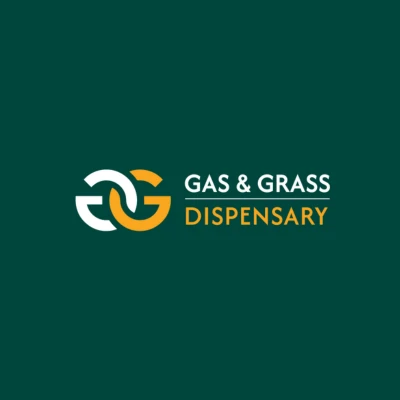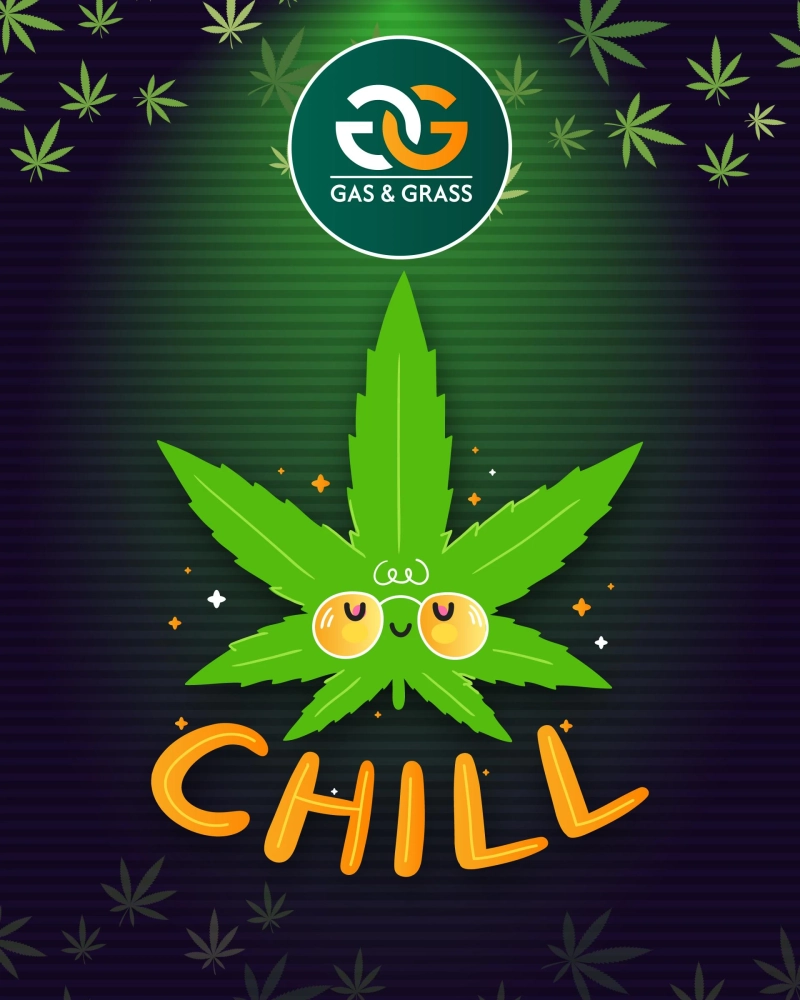In many states across the U.S., including New Jersey—there is increased and growing acceptance of cannabis. That is, marijuana is both available as a medical product and also as a recreational product. So then what is the difference between recreational and medical marijuana? In this post, we will clarify and break it down for you, no matter if you are completely new to cannabis, or just want a better understanding of the laws and products.
What Is Medical Marijuana?
Medical marijuana is cannabis (the flower, oils, tinctures, etc) used to treat certain diseases and/or diseases. In New Jersey, a patient must be diagnosed with a qualifying condition before getting access to medical marijuana. Qualifying conditions include, but are not limited to:
- Chronic pain
- Anxiety
- PTSD
- Cancer
- Multiple sclerosis
- Epilepsy
- Glaucoma
... and more.
To buy medical marijuana, the patient must go through the New Jersey Medicinal Cannabis Program (NJMCP). The NJMCP requires getting approved by a registered doctor in New Jersey and then applying for a medical marijuana ID card. After getting approved, the patient can go to approved, licensed dispensaries that sell products designed specifically for medical use.
What Is Recreational Marijuana?
Recreational marijuana is cannabis for which an adult may use for the pure enjoyment of it and not necessarily for health needs or therapeutic effect. In New Jersey, anyone 21 years of age or older can go to a licensed dispensary and purchase recreational marijuana—without a medical card.
Recreational marijuana products include flower (bud), vapes, gummies, edibles, and concentrates. Although they share similarities with medical products, recreational cannabis may have different potency limits and purchase restrictions than medicine.
You may also like: What to Know Before You Visit a New Jersey Cannabis Dispensary
Key Differences Between Medical and Recreational Marijuana
Here are some key differences to be aware of:
1. Purpose of Use
Medical: Used to manage or relieve medical symptoms and or conditions.
Recreational: Used for the purpose of relaxation, enjoyment, or social purposes.
2. Access & Age Requirements
Medical: Requires doctor's approval and registration with the state. In some cases, patients may be under 21.
Recreational: Anyone 21 or over, no doctor's approval necessary.
3. Product Potency
Medical: May offer higher levels of THC or specific formulations for pain relief, sleep, or anxiety.
Recreational: Potency may be restricted by law to avoid over-consumption.
4. Cost and Taxes
Medical: Usually costs less because the tax rate is lower (or in some cases no tax).
Recreational: Subject to higher taxes, increasing the price.
5. Purchase Limits
Medical: Patients generally have higher purchase limits than recreational users depending on the case.
Recreational: Generally have lower provided limits for responsible use.
Which Option Is Best For You?
If you have a diagnosed health problem that cannabis might help you with, receiving a medical marijuana card has advantages like stronger products, lower costs, and access to a knowledgeable person. Conversely, if you only want to use cannabis for personal use, you are able to use it legally and conveniently with recreational marijuana, especially since it has become available in New Jersey.
Both options are legal in the state, however you will determine which option works best for you depending on your needs, health, and frequency of use.
Final Thoughts
Knowing the difference between recreational and medical marijuana can help you make better decisions when you visit a dispensary. Whether you are a medical patient intending to treat yourself for symptoms or a consumer trying cannabis for fun, New Jersey will provide you with a legal, safe access point for both.
If you're still unsure what is right for you, stop by your local dispensary and meet with a trained budtender, whose job is to suggest the best product for you!



